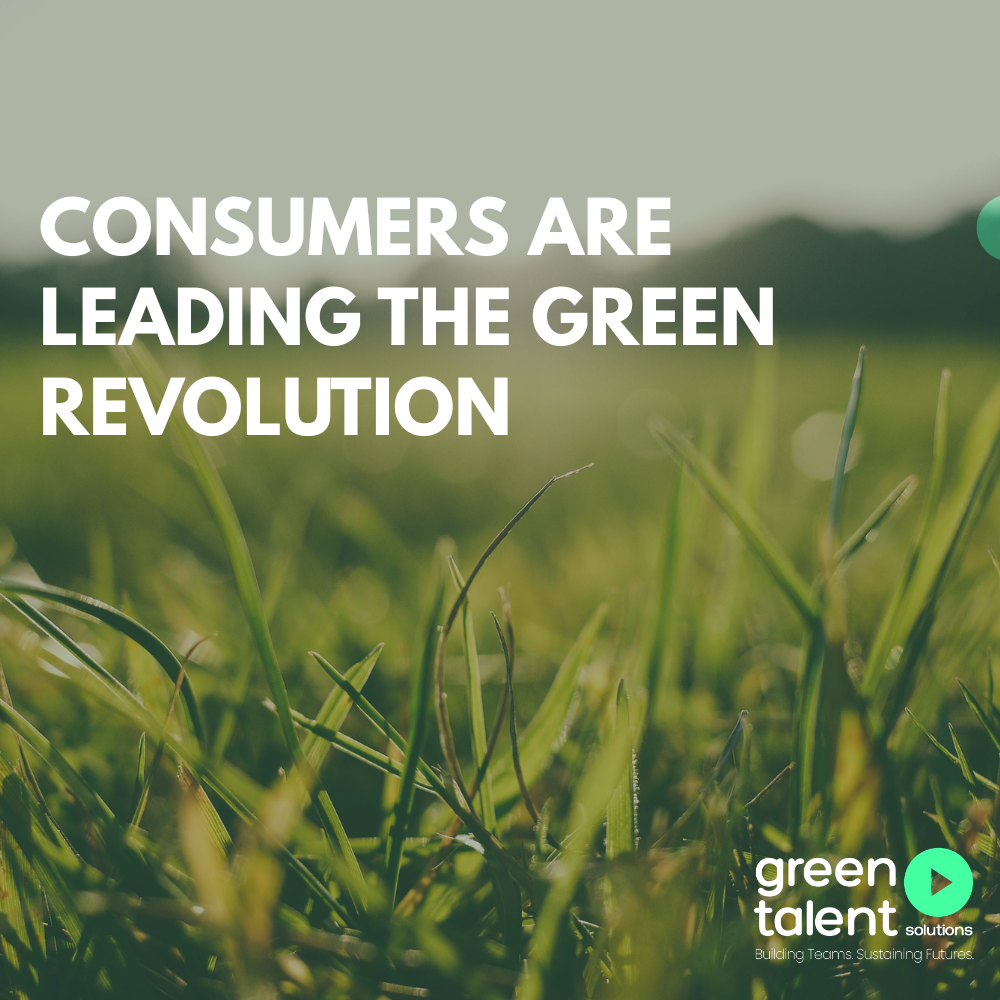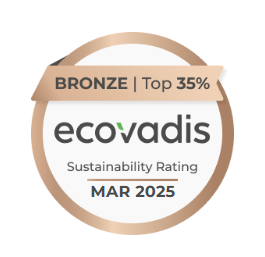Solving the Net-Zero Hiring Crisis
As the race to net zero intensifies, organisations face a new kind of climate emergency, a talent one. Demand for sustainability, energy transition, and ESG expertise has skyrocketed, yet the supply of skilled professionals isn’t keeping pace.
From renewable energy engineers to carbon accountants and ESG data analysts, there’s a clear mismatch between ambition and workforce capability.
This isn’t just a recruitment problem, it’s a business risk. Without the right people in place, companies will struggle to meet regulatory requirements, deliver on net zero commitments, and maintain competitiveness in a climate-conscious economy.
So how do we move from talent shortage to strategic strength? The answer lies in long-term, systemic thinking.
Why the Net Zero Talent Gap Is Growing
The transition to a low-carbon economy has accelerated dramatically in recent years. Governments are setting stricter climate policies, investors are demanding transparency, and consumers are voting with their wallets. Yet many organisations still rely on legacy teams or siloed sustainability roles to meet complex ESG demands.
According to LinkedIn, green job postings have grown nearly 30% year-on-year, but the number of people with relevant skills has grown by just 10%. Critical roles, from climate risk specialists to biodiversity analysts, are going unfilled for months, stalling net zero strategies across sectors.
Meanwhile, the regulatory landscape is tightening. Frameworks like the EU’s CSRD, the UK’s Transition Plan Taskforce, and SEC climate disclosures in the US are placing immense pressure on businesses to report, verify, and act on sustainability data, often without enough internal expertise to do so effectively.
The result? Burnt-out sustainability teams, fragmented initiatives, and missed opportunities to lead.
Rethinking Hiring and Development
To close the gap, organisations must stop treating sustainability as a bolt-on and start embedding it into their core workforce strategy. That means:
Building cross-functional capability: Sustainability isn’t just for the “green team.” Finance, procurement, marketing, and operations all have a role to play in driving net zero outcomes.
Hiring for potential, not perfection: The perfect ESG hire likely doesn’t exist. Instead, look for adaptable, values-aligned candidates who can be trained in sector-specific skills.
Creating career pathways: Professionals want meaningful work, and climate impact is top of mind for younger talent. Formal ESG career ladders, mentorship, and internal mobility can keep your best people engaged and growing.
By shifting focus from "filling roles" to "developing capability," businesses can build resilience and move faster towards their net zero goals.
Upskilling as a Competitive Advantage
Strategic upskilling is one of the most effective, and scalable, solutions to the net zero hiring crisis. Forward-thinking organisations are investing in:
Carbon literacy training across all levels of staff
Data and digital skill development for sustainability reporting, emissions tracking, and AI-powered optimisation
Leadership programmes focused on systems thinking, climate risk, and ethical decision-making
Partnerships with universities and training providers to shape the next generation of green talent
This investment not only strengthens in-house capability but also sends a clear message to stakeholders: we’re not just ticking boxes, we’re building for the future.
When employees understand their role in the transition, and feel equipped to contribute, sustainability becomes everyone’s job, not just the job of a few.
Collaboration is Key to Scaling Solutions
No single business can solve the net zero skills crisis alone. Industry-wide collaboration is essential to create lasting impact.
That means:
Sharing best practices on training, talent development, and workforce planning
Participating in regional skills programmes like those run by Local Enterprise Partnerships or Net Zero Hubs
Engaging in policy advocacy to ensure green skills are integrated into national education and industrial strategies
Working with recruiters and sector specialists who understand both sustainability and talent strategy
It’s also about rethinking diversity in sustainability hiring. To solve global challenges, we need diverse perspectives, from across backgrounds, sectors, and skill sets. That starts with inclusive hiring practices and equitable access to green career opportunities.
What’s Next?
The net zero hiring crisis is real, but it’s also solvable. What’s needed is a shift from reactive recruitment to proactive, purpose-led workforce strategy.
Organisations that invest in talent now, through upskilling, strategic hiring, and cross-functional development, will be the ones best equipped to lead in the green economy. They’ll not only meet compliance standards but drive innovation, attract conscious consumers, and deliver on the promises of the transition.
The time for waiting is over. The future belongs to those who build it, and that starts with people. Get in touch with Jake Carrington to talk about how we can help you future-proof your teams, scale your impact, and stay ahead of the curve in a fast-changing climate economy.














